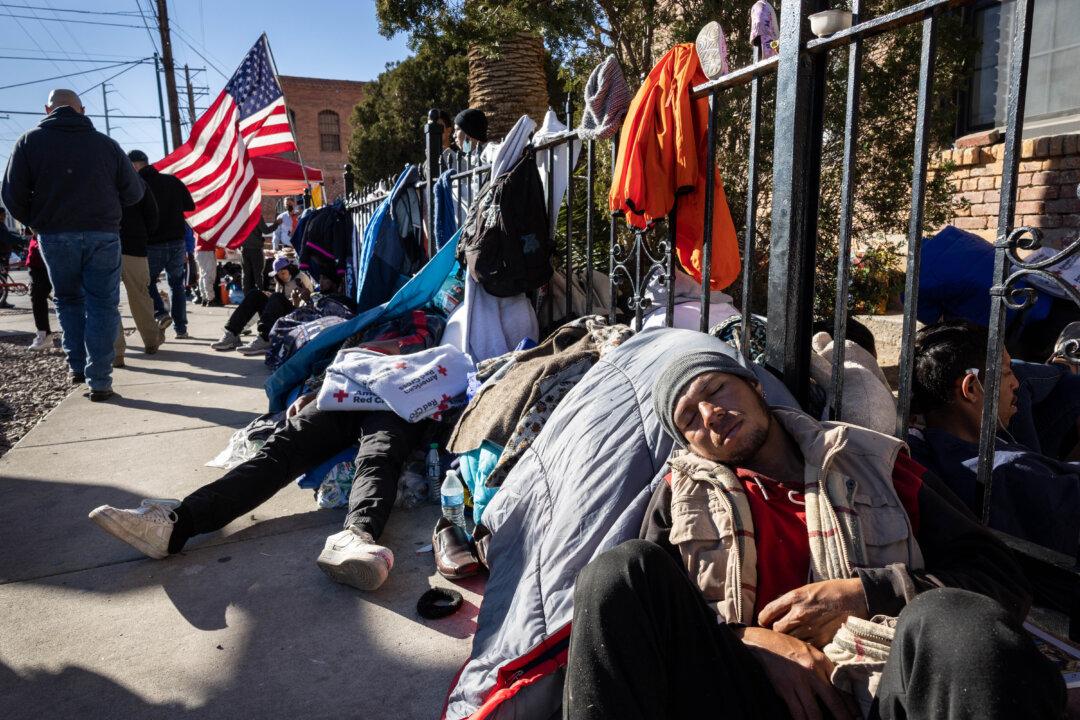A loophole appears to have been carved out amid the convoluted labyrinth of immigration law that would permit illegal aliens to be deputized for roles in law enforcement.
This development, according to legal scholars who are observing the approval of laws being passed to facilitate the process, should be concerning to the public.





